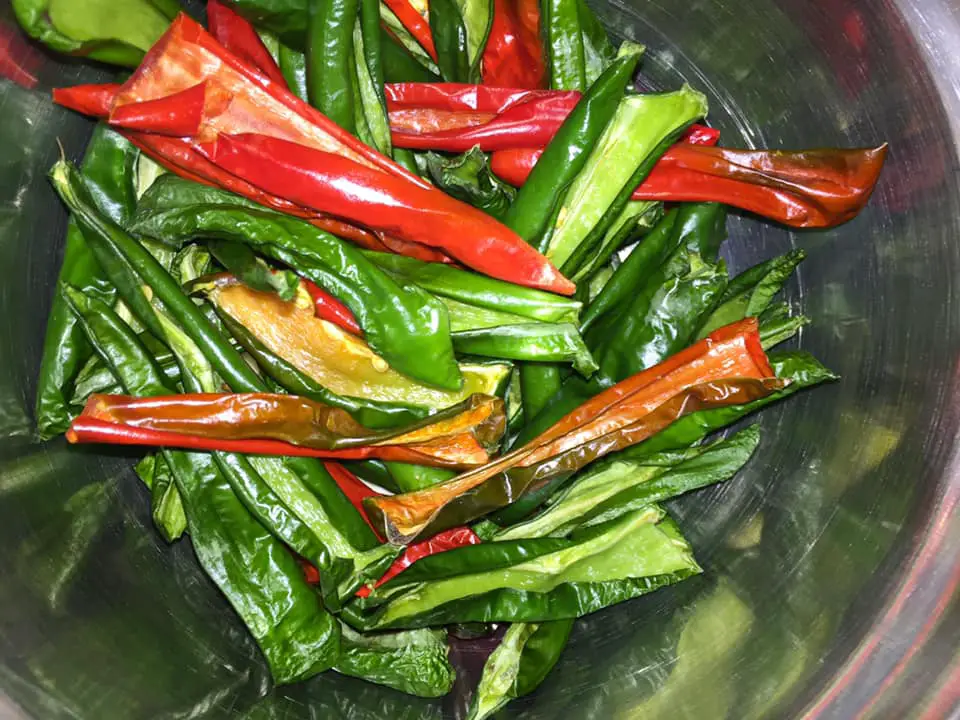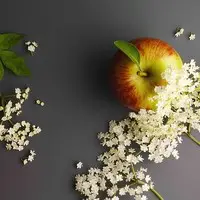
Being prepared for what life throws at us is sensible, some might even say it’s essential. But with all the talk of coronavirus and possible locking down of entire countries, I began to think about how our lives can be thrown into instant turmoil by a number of factors, many of which completely out of our control.
While many of us feel we are able to manage if we had a sudden power outage or a lockdown imposed upon us. I wonder what it would look like if suddenly the preppers were right and our worlds were turned upside down by some catastrophic event.
I began thinking about different scenarios and situations. We would not be terribly affected by something like forced isolation or even power outage because we are fairly self-sufficient and off-grid. But what about those who are in towns and cities? The Urbanites – those of you who make up the 99% that are so totally reliant on the power grid, sewerage and water networks.
It occurred to me that being prepared in my situation on a rural property will look very different from someone living in a suburban home or a city flat.
So how do we prepare for these hiccups of the world? Here are some simple things you can do that will actually build your resilience to whatever comes your way.
1. Live simply. If our lives are based on modern convenience all of the time, then we are not going to fare well if or when the proverbial hits the fan. On the other hand, if we are able to make small changes now to alter our habits then we will stand a much better chance of being self resilient when we need to. People who lived through the Great Depression and the big wars of our time would tell you to value the things you have. Look after them, repair them, mend them and above all else don’t waste money on stuff. It was common for women, men and children to have only 1 or 2 pairs of shoes for example. A working pair and a going-out pair. Wardrobes were also so much smaller. You have seen them at garage sales. The small 2 door cupboard that grandma has had in her bedroom for as long as you can remember. She only had 3-4 sets of clothing and 1-2 formal styled outfits that could be changed up or down depending on what she wore it with. We as a society need to stop gathering stuff for the sake of having it and value what we do have. You don’t need a new outfit to wear to that dinner party or event you were invited to. Dig back in your cupboards and find something that you have barely worn. We don’t need the newest gadget or technology when the old one is still working fine. We need to get back to a simpler life.
2. Buy Local – Choosing to buy Local will increase the resilience of your local community. It can have a massive impact on not only the local economy, jobs but also your ability to be able to manage when the chips are down. Did you realize that the automated checkouts are taking jobs out of your community? I refuse to use them! I want to talk to the young girl who is earning money after school to save for her first car. I want someone to ask me how my day is going. So break up with the majors and seek out the local fruit guy, baker, and butcher. Better yet is there any farmers nearby – maybe a farmers market. Get to know them – you will need them in the future that is for sure.

3. Go Camping – One of the best ways to build your resilience and learn to do without modern conveniences is to be out in an area where they don’t exist. Now I will say for safety sake – take your mobile phone with you but turn it off unless it is truly needed. Stuff the blessed thing in the bottom of your pack bag and leave it there. Learn to appreciate and enjoy fending for yourself in the wild. Can you build and cook over a fire? Do you know how to make damper or some other campfire delicacy?
Practicing these skills in real life without the stress will not only build your resilience, its fun too. Trust me you will enjoy it.

3. Turn off the lights – This is a harder one because we are so used to having enough light and electricity to do whatever we want and when we want. Camping also helps with this one. What if the power went out at your home or town for days on end? What would you do? How would you conserve your cold goods? And what will you do when the sun goes down? Turn off the lights for 1 night a week to practice other skills. No computers, no mobile phones, no netflix. Pretend you are in a blackout and you need to entertain yourselves and your family. This can be a lot of fun, but plan first. Tell your family of your idea and ask them to help you work out what you will do for the evening and how you will manage without the modern conveniences. Will you play charades or read to each other? Will you use candles? This will also help you to decide if there are other things you can do to improve your resilience at home. Maybe you will look into a back up generator or solar lights and hotwater. Whatever it is that you can do to reduce your reliance on those network services is only going to help you in the long run.
4. Learn to Forage –I have said this before but I feel it needs saying again and again. There is so much good food out there disguised as weeds. Hit your local library for a foragers guide and get out there for an afternoon. You will simply be amazed at what’s on offer. Learn how to preserve some of these wonderful offerings. You never know you might just find your new favourite food. A word of warning here – Don’t forage in places that could have been chemically sprayed or poisoned to kill off the very things you are looking for. Know the area and who is managing it. The best alternative is often to head into your own backyard first. Also make sure you are 100% satisfied you have correctly identified anything you plan to eat. The Weed Foragers Handbook is a great place to start.
5. Grow your own – There is no better way to build your family’s’ resilience than to grow your own vegetables. My advice is grow those things that you use most often and that are likely to become or already are expensive. For example, leafy greens, lettuce, tomato, broccoli etc. You can also grow quick greens for salads and stirfrys right on your kitchen bench. Green Harvest (Australia only) has a large range of sprouting seeds that can be grown in as little as a few days. It’s quick and easy. If you are a city dweller a small window pot of herbs or a potted plant may be all you can manage but where ever you can try to grow something for yourself.

6. Preserve your harvest – We all used to understand that produce was seasonal once. Thanks to artificial lighting and controlled temperature storage spaces, a lot of what we buy is not actually fresh. If you are going to grow your own as in point 5 then you will need to learn how to preserve it for when it is needed. You can preserve in a number of ways such as dehydrating, sun-dried, canned, bottles to name a few. There are plenty of really good websites dedicated to this and loads of books. So get creative and give it a go.

7. Barter within your community – No matter how much we grow ourselves or preserve there will always be things that we can’t manage alone. Learning to trade goods was one of the skills that our forebears practiced all the time. When money is tight we have to find other ways to pay for our goods. Bartering is perfect and allows us to trade a meal or skill for something we need. There are several groups already operating both within Australia and Worldwide. Look for Buy/Swap/Sell sites, unconsumer sites, or advertise yourself by talking to others in the community in which you live.

Last but not least – have fun with your new-found skills. Share them with others and teach your children, friends, and family about them.



